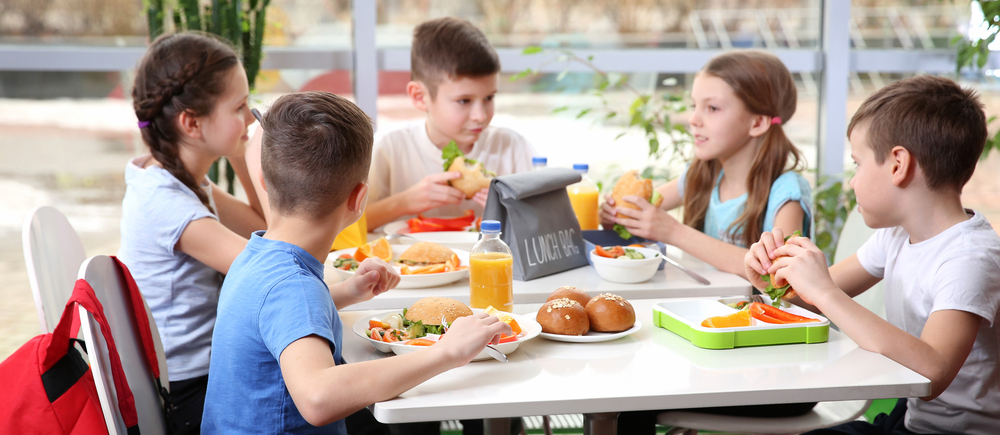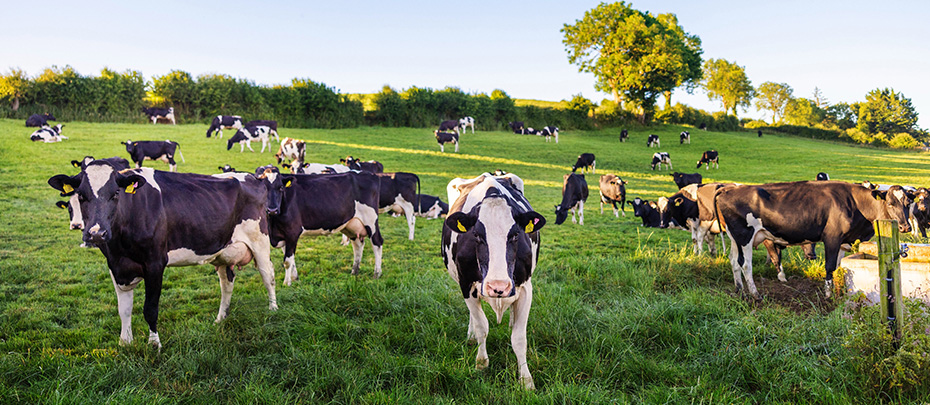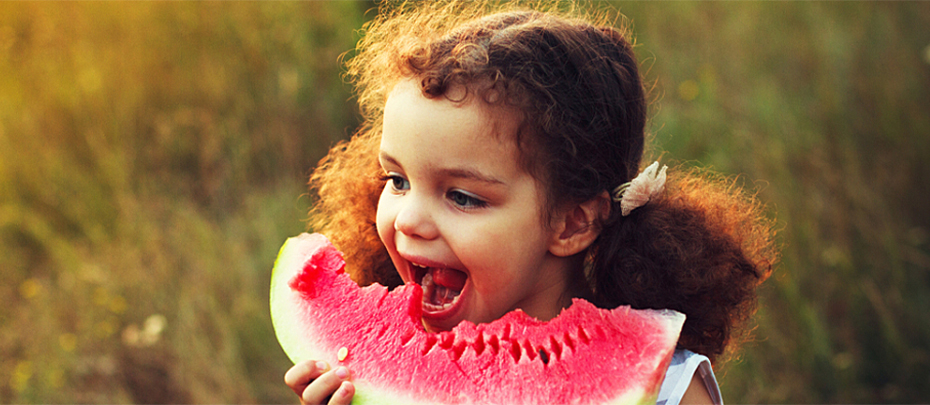Creating a Food Allergy Plan to Keep Your Child Safe
When your kid has a food allergy, ensuring they stay well-nourished and safe is priority number one. With these tips, you can create a food allergy plan that will inform your child and their caregivers on how to prevent a reaction and what to do in the instance of one.
Know the signs and symptoms of allergies. Very young children may not be able to explain that they're experiencing an allergic reaction. Anyone caring for your child should be on the lookout for nonverbal cues, such as:
- A hoarse or squeaky voice.
- Pulling or scratching the tongue.
- Slurred speech.
- Putting hands inside the mouth.
Have an emergency action plan. Allergic reactions to foods can progress quickly. Having an emergency action plan in place allows swift action to be taken, as all the information on their healthcare provider and any medications they are taking will all be in one place.
Team up with your child's teachers and caregivers. More than 15% of children with food allergies will experience a reaction at school. Schedule an appointment with your child's teacher to review the food(s) your child is allergic to, as well as the details of their emergency action plan. Make sure anyone else who cares for your child — from aunts and uncles to friends and sports coaches — are also aware of their allergy and know what to do in an emergency.
How to Educate Your Child About Their Allergy
Even when their caretakers know what to do, your child should also be prepared for a reaction. Educating your child about their allergy is one of the best steps you can take to help prevent accidents.
For younger children, keep things simple by explaining that certain food(s) can make them sick. Introduce the concepts of safe foods and unsafe foods to make it easier for them to understand what they can and can't eat. Help your child recognize unsafe foods by pointing them out in pictures; or take a trip to the supermarket, showing them examples as you stroll down the aisles. Explain that they should only accept foods provided by people who know about their allergy, such as a grandparent, babysitter or teacher.
Related: Milk Allergies in Children: A Parent's Nutrition Plan
For school-aged children, review how to read food labels and give your child a copy of their emergency action plan to carry at all times. Make sure they are familiar with it, and that they know how to get help if they feel sick or think they may have accidentally eaten an unsafe food.
Show middle and high schoolers how to find information about the ingredients of the foods they're eating at cafeterias and restaurants and encourage them to ask about ingredients before ordering. They may feel insecure about holding up the line, but assure them that making sure the foods they're eating are safe is more important than any slight inconvenience to others.
While an allergic reaction can be frightening, with a plan in place and a solid understanding of their allergies, your child will be well-equipped to keep themselves safe even when they're miles away from home.




Social Share